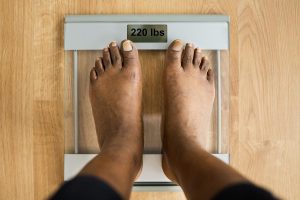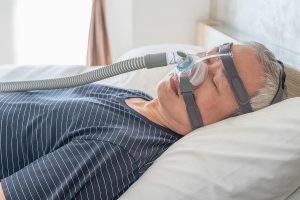If losing an hour of sleep with the switch to Daylight Saving Time on Sunday leaves you feeling tired, you’re not alone.
Fifty-five percent of Americans feel the same way, according to an American Academy of Sleep Medicine (AASM) survey. For most Americans, the clock will “spring forward” at 2 a.m. on Sunday, March 8.
Besides disrupting sleep habits for up to a week, the transition also poses health and safety risks, two new studies report.
One report, published in Current Biology earlier this year, reported that the risk of fatal traffic accidents in the United States rises 6% after the spring switch to Daylight Saving Time. A second study, scheduled for publication in the May issue of the journal Sleep Medicine, found an increase in hospital admissions due to atrial fibrillation for women after the transition.
“Studies consistently show that the spring transition to Daylight Saving Time is associated with negative consequences for health, safety and productivity, all of which may be related to sleep disruption caused by the time change,” said AASM resident Dr. Kelly Carden.
According to the AASM Daylight Saving Time Health Advisory, the spring and fall clock changes can negatively affect sleep and wake patterns for five to seven days.
To minimize the adverse impacts, AASM offers this advice:
- Sleep for at least seven hours in the nights before and after the time change.
- Begin to adjust your sleep and wake times now, before the actual transition.
- Head outdoors on the morning of the time change. Morning sunlight will help regulate your internal clock.
More information
The American Academy of Sleep Medicine has more on healthy sleep habits.
Source: HealthDay
Copyright © 2026 HealthDay. All rights reserved.










-300x200.jpeg)






